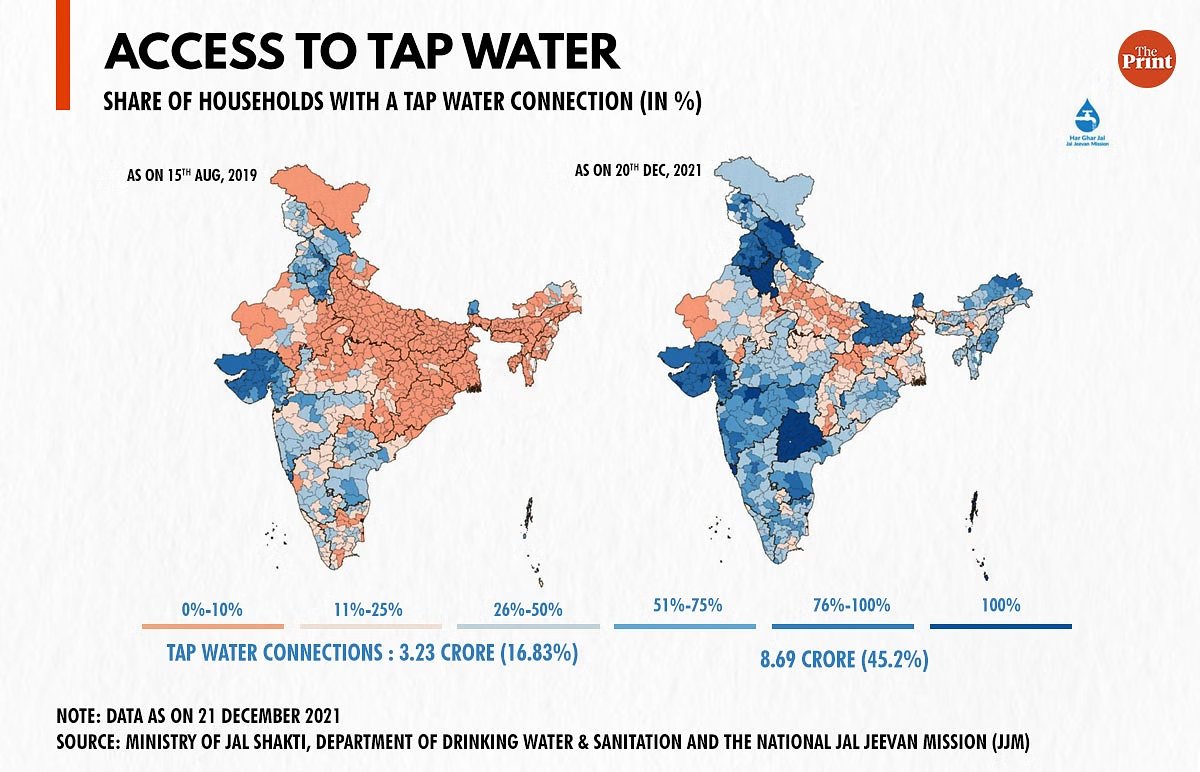
Founder, @rootsofprogress. Working to build the progress community and movement. On book-writing sabbatical, trying not to check Twitter including DMs
5 subscribers
How to get URL link on X (Twitter) App


 City fires were once a great hazard:
City fires were once a great hazard:


 The risk is from “mirror bacteria.”
The risk is from “mirror bacteria.”

 In fact, it took about a hundred years for engines to be used for transportation, in steamboats and locomotives, both invented in the early 1800s. It took more than fifty years just for engines to be widely used in factories.
In fact, it took about a hundred years for engines to be used for transportation, in steamboats and locomotives, both invented in the early 1800s. It took more than fifty years just for engines to be widely used in factories.


 If you don't believe history, maybe you'll believe someone who's lived this.
If you don't believe history, maybe you'll believe someone who's lived this.https://x.com/_alice_evans/status/1836797985658957859

https://twitter.com/jasoncrawford/status/1752891641566781942

 Instead, the pattern we see is the opposite: progress accelerates over time. (Note that the chart below is *already on a log scale*)
Instead, the pattern we see is the opposite: progress accelerates over time. (Note that the chart below is *already on a log scale*)





 The catastrophic risk, of course, was dying in a crash.
The catastrophic risk, of course, was dying in a crash.

 The emperor responds:
The emperor responds:
 h/t @TrevMcKendrick
h/t @TrevMcKendrick 
 .@drorpoleg and @collinconnors argue against me. (Connor replying to me replying to Dror below.)
.@drorpoleg and @collinconnors argue against me. (Connor replying to me replying to Dror below.)



 And “ethnic” dishes were invented for aristocrats:
And “ethnic” dishes were invented for aristocrats:
 h/t @salonium. Source: theprint.in/india/governan…
h/t @salonium. Source: theprint.in/india/governan…